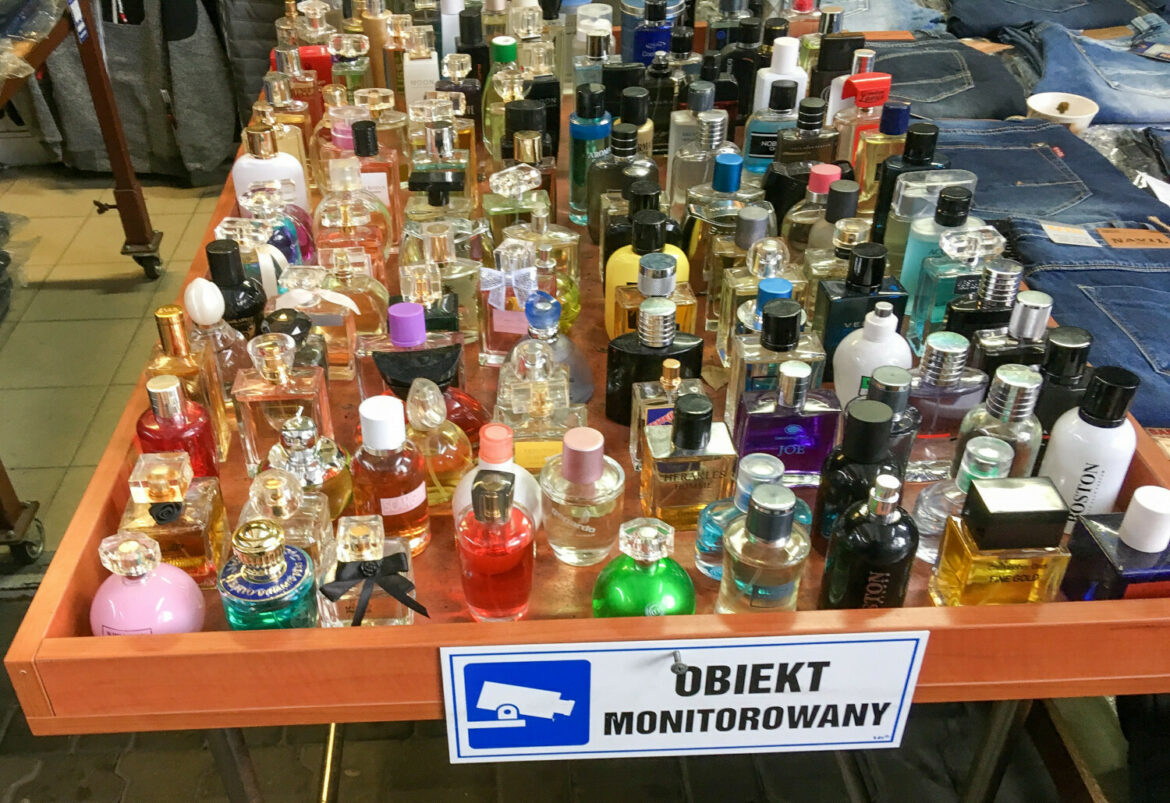According to the data of the National Revenue Administration (KAS), Poland last year was flooded with as much as 67% more goods infringing intellectual property than in 2018. The Rzeczpospolita daily has described the illegal practice, which will become even more severe during the war.
The latest data from the National Revenue Administration shows that, despite the lowest number of interventions by Polish customs authorities since 2018 (a decrease from 1,272 to 777 in 2021) they detected the highest number of counterfeit products in four years. In total, last year over 2.5 million such goods entered Poland, i.e. 4% more than a year earlier and two thirds more than in 2018.
According to the report of the DLA Piper and Amazon law firm, published by Rzeczpospolita daily, the value of smuggling is PLN 203 million – as much as 3.5 times more than the year before.
“The preliminary assessment of the data shows a decrease in disclosures if we look at the number of cases, while the data on the number of detained goods shows the opposite direction”, says Grzegorz Kozłowski, director of the KAS customs department.
Counterfeit products reaching the European Union and Poland are most often shipped from China, but also from Turkey and Singapore. Customs officers mainly find clothing, watches and jewelry, cosmetics, cigarettes and toys.
According to Ewa Kurowska-Tober, a partner at DLA Piper Poland, the fact that last year the customs authorities found counterfeit goods with the highest total value for several years, despite a lower number of interventions, may indicate a larger concentration of turnover in the hands of large-scale operators, as well as more frequent counterfeiting of luxury goods.
Experts postulate the necessity of regular training for customs officers in recognizing counterfeit products and changing regulations, e.g. by extending the legal and criminal protection of industrial designs. For now, however, the problem may be growing due to the war in Ukraine and the influx of refugees and difficulties in carrying out routine border checks.
Arkadiusz Słomczyński





